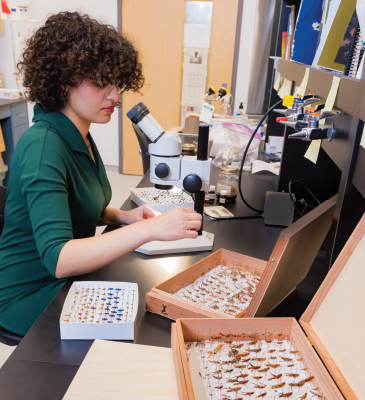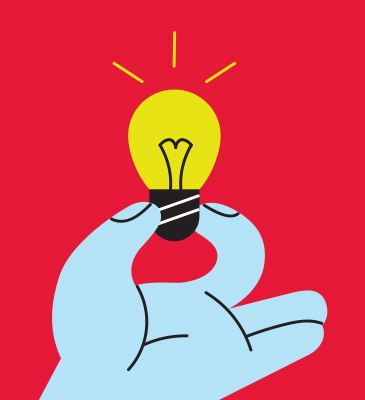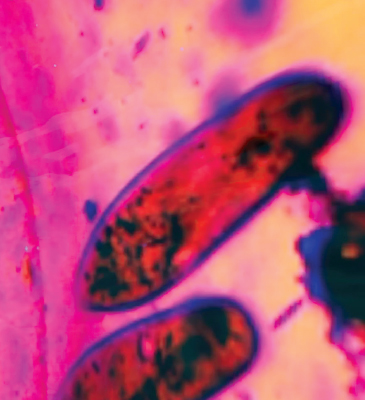What will it take to ensure that the two billion people currently without access to clean water around the world are not left high and dry? With York University as the academic lead, the UNITAR Global Water Academy is mobilizing the scientific community and forging collaborations to address water scarcity and lack of access.

United Nations Institute for Training and Research (UNITAR) Global Water Academy (UGWA) reached its one-year anniversary on UN World Water Day, March 22, 2024, the same day it hosted a side event panel with York as part of the United Nations (UN) World Water Day in Geneva – Addressing Water for Peace: Water Governance in Conflict and Humanitarian Settings – to spark collaborations and dialogue around the theme, Leveraging Water for Peace.
Two days later on March 24, the Aga Khan Museum in Toronto shined a light on water in Indigenous and Muslim traditions with a panel discussion on World Water Day: Exploring Indigenous and Muslim Water Stories Through the Arts, presented by the UNITAR Global Water Academy and York.
“Some 2.5 billion people live in water stressed countries where the supply cannot meet the demand, while 46 per cent of the world's population lacks adequate sanitation services. Access to safe drinking water is inequitable and puts the safety of women and marginalized groups at risk,” says York Research Chair in Global Change Biology Professor Sapna Sharma, inaugural director of the UGWA and a freshwater expert in the Faculty of Science. “Conflict, changes in land use and climate change are exacerbating water insecurity in urban, rural and agricultural areas. These are global issues that continue to worsen.”

York has a deep well of expertise in water research and action and along with the United Nations Institute for Training and Research (UNITAR) Global Water Academy (UGWA) will help develop scientific-based and governance solutions and applications to address water issues in some of the most underserved areas and for those most affected by climate change, flooding, and drought.
“Water is strongly linked to political instability and economic inequality, and as both a leader in sustainability as well as a progressive teaching and research institution, it is our responsibility to take action on this critical issue,” says Rhonda Lenton, York’s president and vice-chancellor. “Our thriving partnership with UNITAR to create a first-of-its-kind Global Water Academy is one example of how collaboration across sectors and borders can drive positive change for our global communities.”
With UGWA, York is advancing much needed scholarship and virtual and hybrid learning developed by global leaders in water research, resource management and policy development. The courses will be for all relevant parties, including researchers, governments, and the public on everything water from how to mitigate water shortages caused by climate change to making drinking water cleaner and more accessible.
“The collaboration with York University to create the Global Water Academy recognizes its vision and leadership to become Canada’s leader in research into water technologies spanning different sub disciplines including wastewater, drinking water, groundwater and surface water research. Together, we are developing solutions to the world’s water issues,” says Nikhil Seth, UN assistant secretary general and executive director of UNITAR.

One of the goals is to empower learners everywhere to respond to water crises and to help achieve the UN SDG 6 – support capacity building of sustainable management of water especially for Indigenous communities and marginalized/equity-deserving groups.
An essential part of UGWA’s work is building a global network of water experts, scientists, and policymakers, and reaching out to local people in some of the hardest hit regions to learn about their specific water challenges to help address them through training and education. Building a space where people can connect, form partnerships and collaborate is essential.
Some places are going to be warmer and drier; others will become wetter and cooler. There is not one solution that can be applied across the world and that is why the network is so important. In their first year, the network has grown exponentially. Their most recent virtual panel at the United Nations in New York City attracted hundreds of people from 90 countries.
“For countries severely impacted by climate change and conflict, the lack of clean water can be life threatening,” says Sharma, who studies how lakes worldwide respond to climate change, including rapid ice loss, warming water temperatures, degrading water quality, and changing fish distributions. “Clean and safely managed water offers a way out of these crises. It’s why we must work together to advance goal six of the United Nation’s Sustainable Development Goals – ensuring access to water and sanitation for all.”
Read more

York researcher traverses tick-infested terrain to beat back insect apocalypse
A PhD student at York University is studying the effects of climate change on insect decline

Young innovators look to commercialize research with York fellowship
Four budding researchers at York University receive support from VPRI to help bring their products to market

Connected Minds: one year later
Neural and Machine Systems for a Healthy, Just Society - York University’s major research initiative, funded in part by the Canada First Research Excellence Fund - celebrates its first year of achievements

York-Queen’s art project combines VR with Anishinaabe philosophy to explore water’s hidden depths
A York University professor has partnered with a Queen’s University professor to create an immersive 3D experience that sparks critical conversations about the global water crisis
